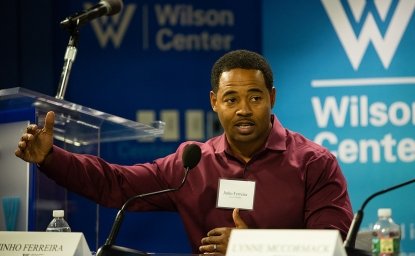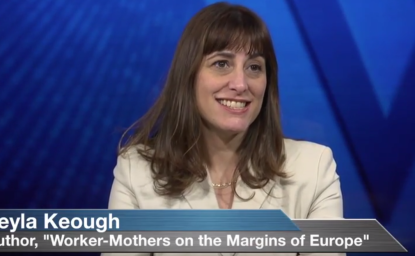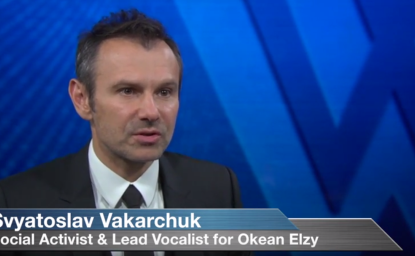In the latest chapter of our "On The Brink" series, we explore the meaning and relevance of the term, "nuclear order of battle" with Robert S. Norris from the Federation of American Scientists. If the worst had happened, how would escalation have occured? Norris' research is the first that attempts to answer this question.
Part 6 - Coming Monday, October 29
http://www.wilsoncenter.org/article/the-brink-part-5-the-cuban-missle-crisis-50-years-later
brightcove.createExperiences();
Dr. Robert Standish Norris joined the Federation of American Scientists July 2011 as a senior fellow for nuclear policy. Previously he served as a senior research associate with the Natural Resources Defense Council. His principal areas of expertise include writing and research on all aspects of the nuclear weapons programs of the United States, Soviet Union/Russia, Britain, France, and China, as well as India, Pakistan, and Israel.







